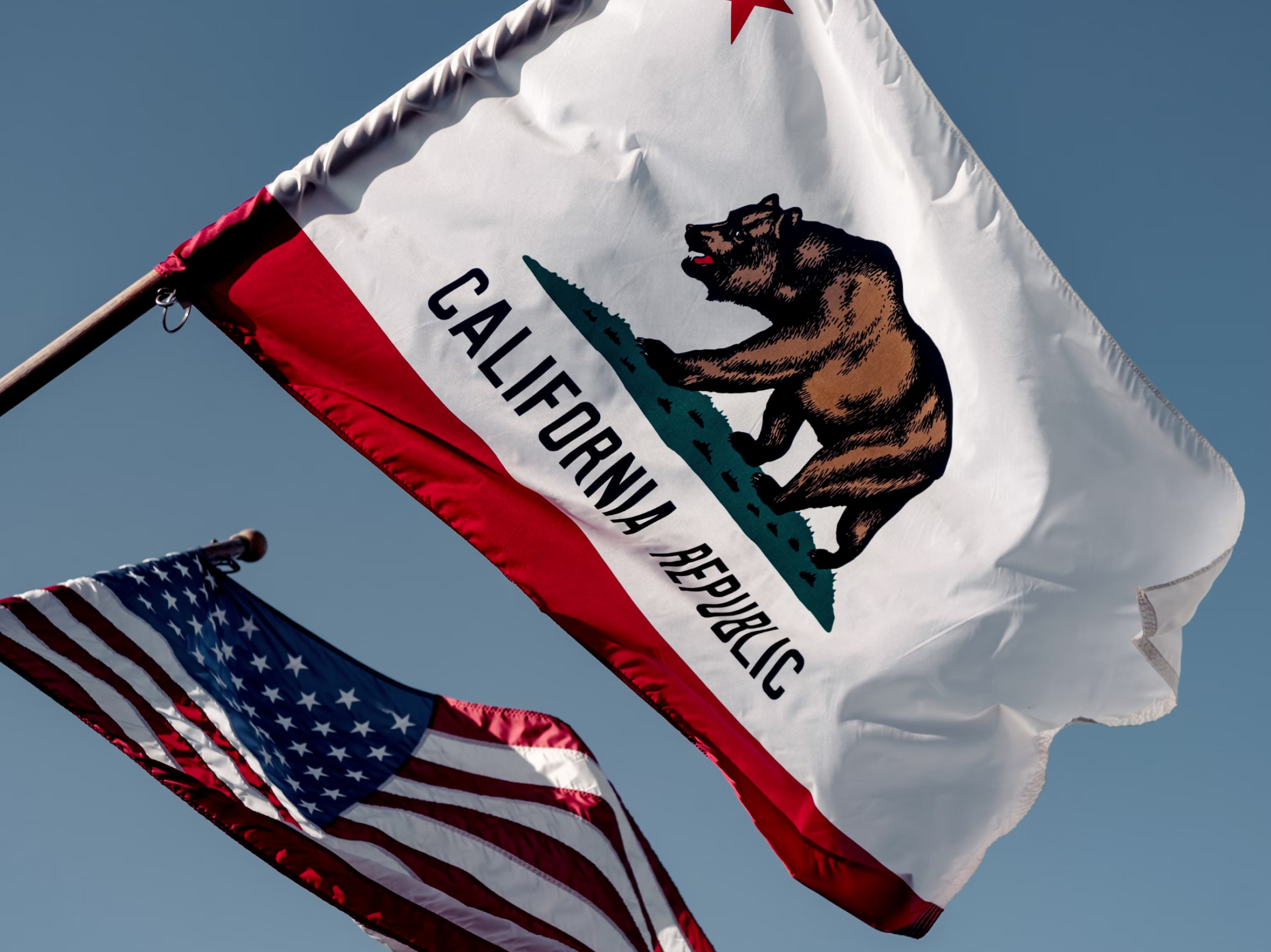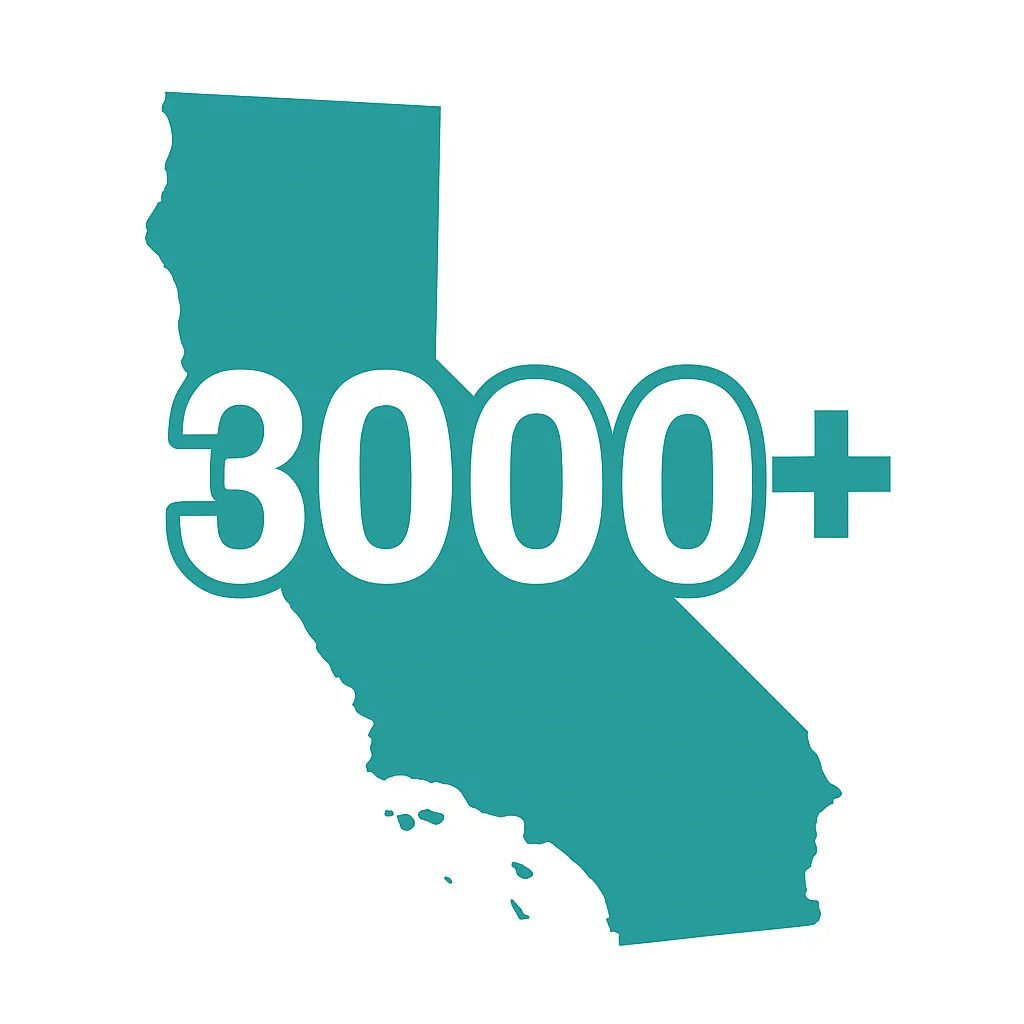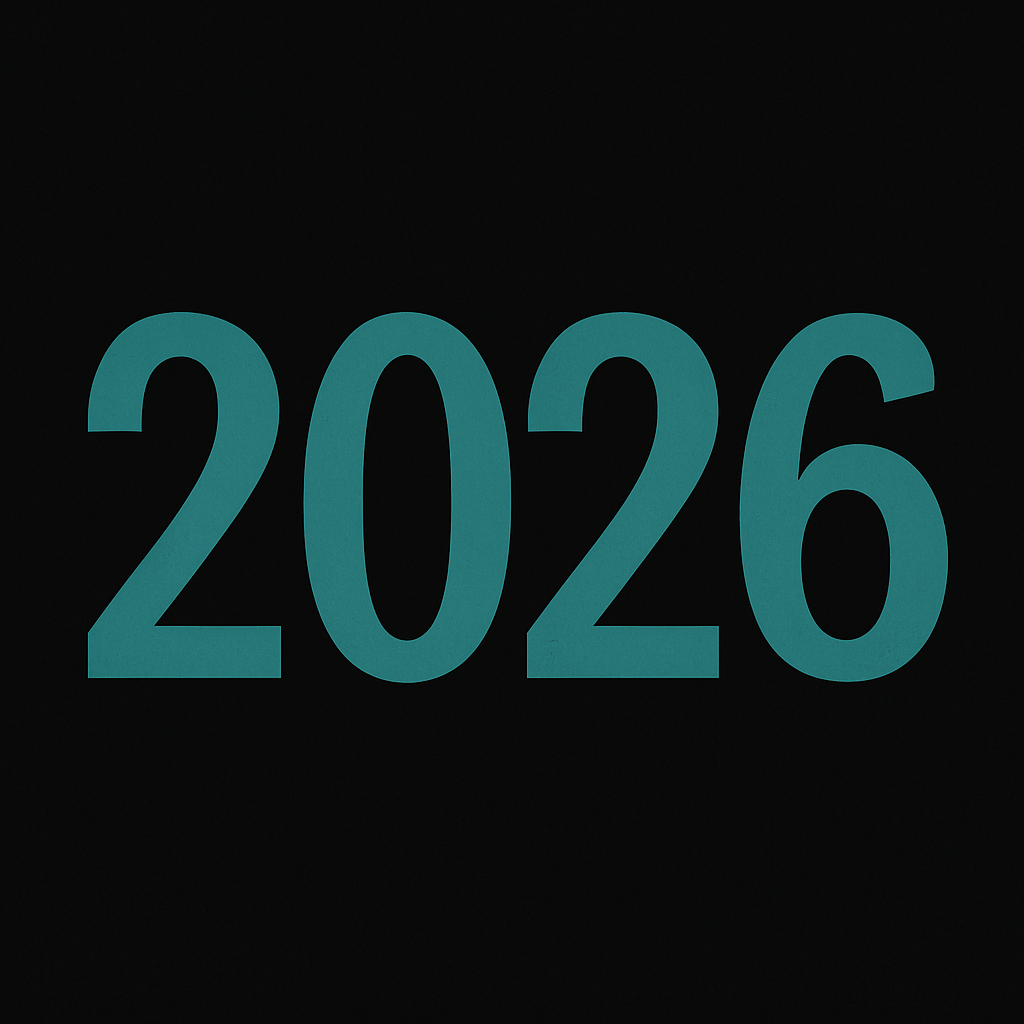California's SB 219 (combining SB 253 and SB 261) requires companies doing business in California to report greenhouse gas emissions and climate risks starting January 1, 2026. Use our free readiness assessment to check your compliance status and identify steps to comply.
In September 2024, California Governor Gavin Newsom signed SB 219, also known as the Climate Corporate Data Accountability Act (CCDAA), into law. The new law, which combines bills SB 253 and SB 261, is one of the most comprehensive climate reporting bills worldwide. It will require US companies doing business in California to disclose their Scope 1, 2, and 3 greenhouse gas emissions and/or potential climate-related financial risks starting January 1, 2026. Many companies will also need to seek third-party assurance for their sustainability data.
This law is designed to give investors, consumers, and regulators a clearer picture of how businesses are managing their environmental footprint and preparing for climate-related challenges.

SB 219 combines two bills SB 253 and SB 261. SB 253 requires US-based public and private companies of a certain size operating in California to disclose their emissions data, beginning in 2026 on 2025 data. Many companies will also need to have these reports verified by a third party auditor. SB 261 requires certain businesses operating in California to prepare and publish climate-related financial risk reports.
SB 219 will impact companies "doing business in California." While the definition of that standard has not been fully finalized, it is expected to impact approximately 10,000 companies across the United States. These companies will face different requirements based on revenue: SB 253 for emissions reporting ($1B+ threshold) and SB 261 for climate risk disclosure ($500M+ threshold).
Public and private businesses that operate in California and have annual revenues exceeding $1 billion must annually disclose their GHG emissions across Scope 1, 2, and 3. They will also need to disclose their climate-related financial risks and the measures they take to mitigate these risks.
Public and private companies with California operations and revenues over $500 million are required to prepare and disclose climate-related financial risk reports, detailing the risks their operations pose to the environment, as well as the measures they adopt to mitigate these risks.
CARB released a list of 3000 companies that it believes need to comply with California’s new climate disclosure laws, SB 253 and SB 261 (SB 219). This list is not exclusive so you should still review the criteria for reporting as compliance is ultimately the responsibility of the entity and the deadline is approaching quickly.
See the list
The California Air Resources Board (CARB) reaffirmed the deadlines for compliance in July 2025.
Companies with $1B+ in revenue will start reporting their Scope 1 and 2 emissions, as well as their climate risk statements in 2026. Companies with $500M in revenue will start reporting on climate risk in 2028.
This means that businesses that believe they will meet the criteria for "doing business in California" need to prepare their data now to meet this requirement.

Scope 1 & 2 emissions measurement and reports will be required beginning in 2026

Climate-related risk statement will be due January 1, 2026

Scope 3 emissions measurement starts at the beginning of 2027
Looking for more assistance? Check out the resources below to access guides, detailed information from CARB, or find professional support.
The California Climate Reporting laws are still evolving in advance of the first reporting deadline in 2026. Here are some of the most frequently asked questions.
Yes, SB 219, which encompasses SB 253 and SB 261, applies to all companies that are "doing business" in California. CARB is still finalizing the criteria for "doing business," but it is expected to impact approximately 10,000 companies across the United States.
Scope 3 data is not required the first year of GHG emissions reporting under SB 219 and the safe harbor provision protects good-faith efforts in the first year of required reporting. Use reasonable estimates based on industry averages or spend-based calculations; document your methodology and limitations; and invest in solutions that will enable you to report with accuracy.
Companies sharing emissions data and climate-related financial risk disclosures will need to seek third-party verification to ensure the accuracy of their data. The introduction of these reporting requirements marks a significant step towards greater transparency; sustainability metrics must now be measured and reported – and verified – in a similar manner as financial metrics.
CARB has not yet announced the final definitions of "doing business" in California for the CCDAA (SB 219). If you go by tax law, the "doing business in California" standard typically includes companies that: a) Have sales exceeding $610,395 in California (2024 threshold) b) Maintain property or employees in California OR c) Have 25% of sales, property, or payroll in California.
Given the need to report on Scope 3 emissions and the new requirements for assurance, you will need to have a system that makes it easy to collect data from across your supply chain, create an audit trail, and maintain a high bar for accuracy. While some companies will do this in house, many are turning to platforms to report by the deadline.
SB 253 and SB 261 were the original climate reporting bills. SB 253 dictated that companies would need to report their emissions data, while SB 261 mandated that companies share their climate risk data. Both bills have been combined into SB 219, also known as the Climate Corporate Data Accountability Act (CCDAA) which passed in 2024.
If you're looking to see how best to prepare for and meet the California climate reporting requirements, please reach out. Our expert network can help determine if your company needs to report, when you will need to disclose, and how best to meet the deadlines.